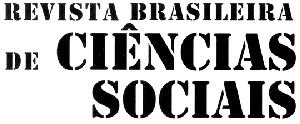Abstract
In the last decades, Brazil has been marked by affirmative action policies to reduce inequalities in access to higher education, a persistent social problem in the country. One crucial policy that has that goal is the Programa Universidade para Todos (ProUni), offering grants in private higher education institutions for poor students from public high schools (ProUnians). This paper analyzes their trajectories in Law School and their job market expectations. The theoretical framework uses Bourdieu's praxiological sociology to understand ProUnians’ habitus and strategies. The authors conducted 30 interviews with former ProUni beneficiaries who graduated from elite law institutions in the Recife Metropolitan Area (RMA) and in the São Paulo Metropolitan Area (SPMA), using the approach of snowball sampling, and working from the premise that the competence required to choose the best tactics varies with the possibility of success of the dominant strategy in the field. The results show that because of their lack of social and economic capital, ProUnians cannot choose the dominant strategy, seeking to develop a new one by reinforcing their unique capital accumulation while practicing tactics to balance their competitiveness.
Keywords: ProUni; Affirmative Action; Higher Education; cultural capital; symbolic capital

 Local dynamics in ProUni beneficiaries’ strategy for transition from higher education to job market
Local dynamics in ProUni beneficiaries’ strategy for transition from higher education to job market Thumbnail
Thumbnail
 Thumbnail
Thumbnail
 Thumbnail
Thumbnail
 Thumbnail
Thumbnail



